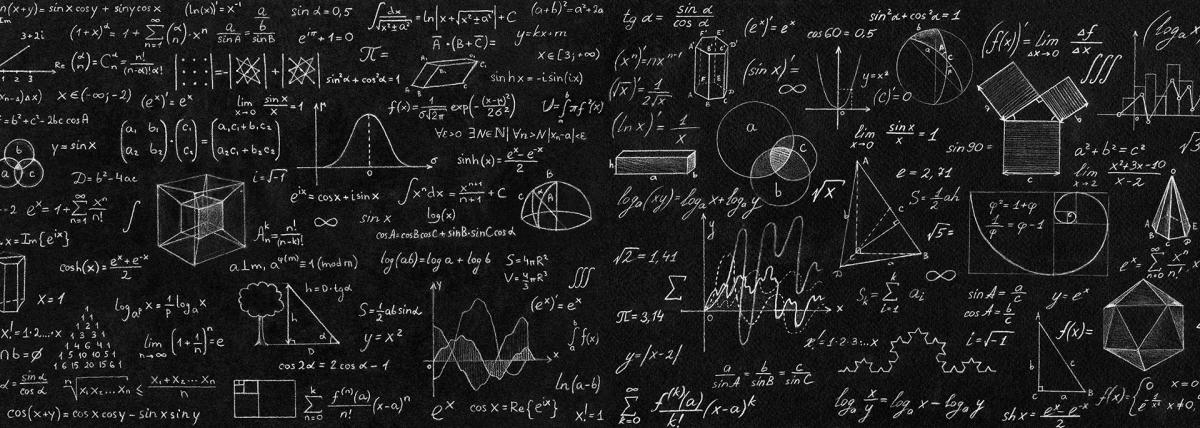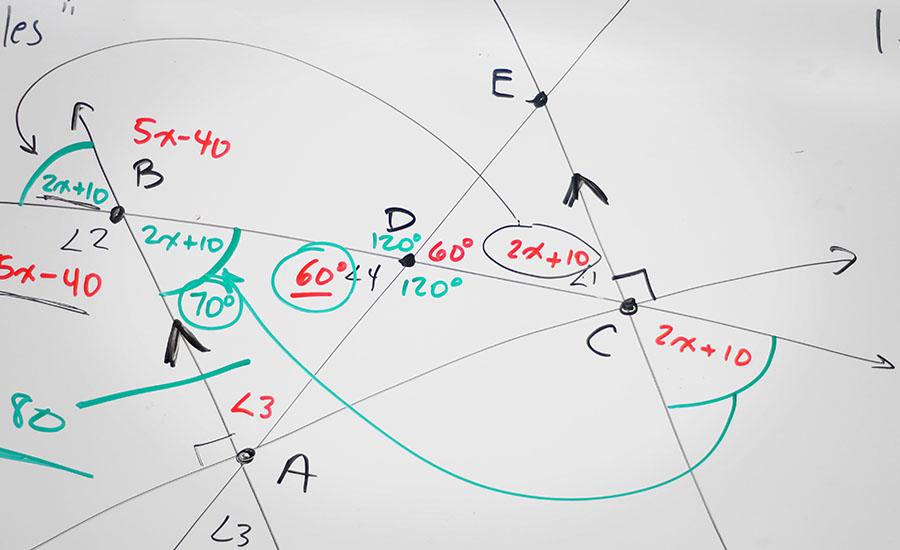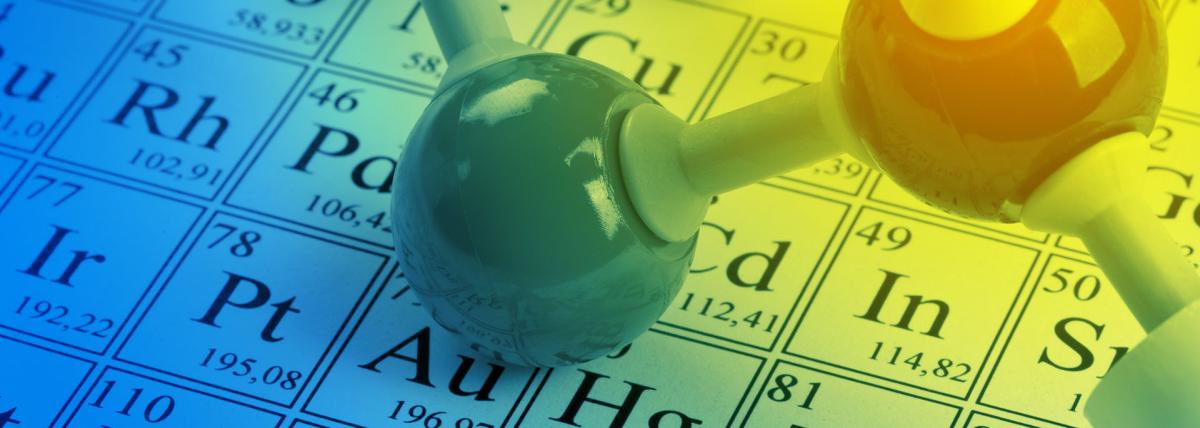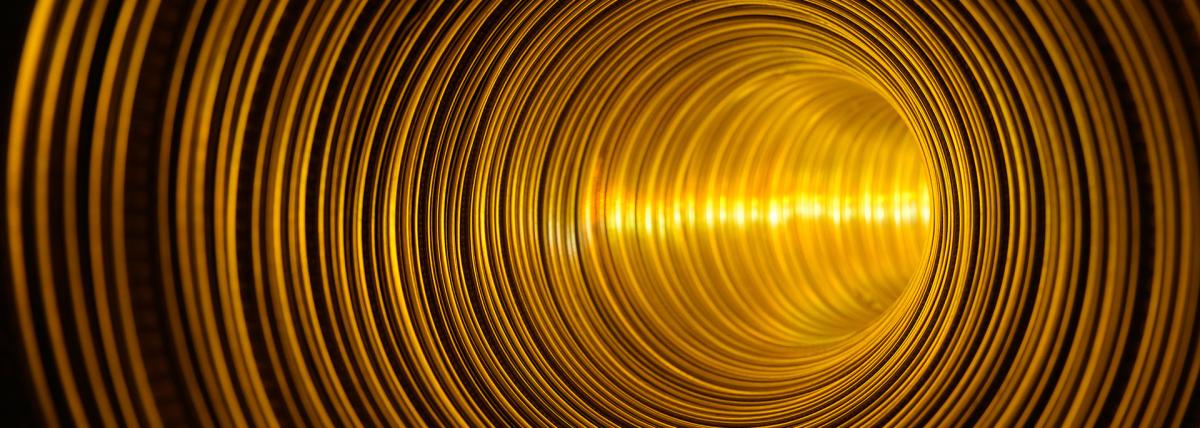
Grades:
6th Grade
In this lesson, students will create and test multiple helicopters to create a helicopter that lands the slowest in a given target. Students will take their best design and share with the class.

Featured
Mosquito Management
Grades:
3rd Grade, 4th Grade, 5th Grade
This lesson takes place in as classroom for one or more 60 minute class periods. The data collection portion may continue for 2+ weeks (or whatever time frame you decide). An emphasis is placed on the

Grades:
4th Grade, 5th Grade, 6th Grade, 7th Grade, 8th Grade
Classes will prepare several garden bins for planting. By using a tape measure, students take into consideration the recommended distances of seed planting described on the seed packet and the

Grades:
4th Grade
This is lesson one for a unit plan on circuitry. In this challenge, students will be tasked with planning, designing, and testing both open and closed circuits. To make things more interesting, they

Grades:
6th Grade, 7th Grade
Students explore the relationship between the speed(rate of travel) of an object, the distance it travels, and the amount of time it travels for. Teachers may use: A- Air rockets(from a previous

Grades:
6th Grade
In this lesson, students will learn about simple circuits, then create a simple circuit using copper tape, LED's, and batteries. Finally, they will construct a 3D model of a haunted house and use

Grades:
6th Grade
In this lesson, students will identify the significance of the numbers found in and around their home. Making these connections will help strengthen number sense and provide a real-world framework to

Grades:
Kindergarten, 1st Grade, 2nd Grade
In this hands-on lesson, students develop an understanding of the life cycle of a bean. They will grow their own beans and observe the growth over time. Various resources are included along with math

Grades:
4th Grade
In this hands-on lesson, students will construct a sturdy structure out of toothpicks and marshmallows that will withstand an earthquake simulation (a tray of Jello is used). This is an engaging way

Grades:
6th Grade
In this unit, students will study the effects of air pollution and engineer an environmentally friendly air filter to reduce pollutants in the air using common household items and recycled materials

Grades:
6th Grade
Students will plant and observe plants from seed to full germination while making observations on growth in this engaging lesson. This will be done using a science notebook to record germination

Grades:
6th Grade
Summary Each of the first two Basic Handling lessons is approximately 5 minutes in length. The onboard “Flight Instructor” will instruct student trainees on what they should be doing and interacting

Grades:
6th Grade
Students construct models of various molecules, create histograms of the frequency of elements, and diagram parts of an atom. Students will deepen their understanding of matter--that tiny particles

Grades:
3rd Grade, 6th Grade
Students will be able to identify the 4 main nutritional needs for chickens, and why they are needed. They will be able to read a recipe and create ratios based on the recipe. For this first lesson

Grades:
4th Grade
Students will learn about energy and how it relates to growing plants in this first part of a 4 part lesson. Materials needed: copy of parent signature form, student handbook. Agenda: What is Energy

Grades:
6th Grade, 7th Grade, 8th Grade
Summary: This lesson uses the children's picture book Rosie Revere, Engineer by Andrea Beaty and can easily be adapted for any grade level. Students will listen to the story of Rosie Revere and

Grades:
7th Grade
In this 2nd lesson in a series of 2, students will continue the work on their cup design. They will analyze features of water cups for how effective they are at keeping our water cold while we are at

Grades:
1st Grade
Students will grow to understand what decomposition is and why it is a vital part to their compost bins success.

Grades:
4th Grade
In this lesson, students work in groups to simulate a rainstorm and explore ways to manipulate rainwater. Materials include a plastic or aluminum bin, paper, spray bottles, markers, and an array of

Grades:
4th Grade
Students will be working together to clean up an oil spill. They will discover what an oil spill is, what causes it, and what the effects are. The simulation is made using tinfoil baking dishes

Grades:
Kindergarten, 1st Grade, 2nd Grade
Students will be learning about the life cycle of a potato, how to grow potatoes, and measuring the growth of the stems. You'll need potatoes that are ready to plant, garden space, or tubs to put the

Grades:
6th Grade
In this lesson, students will be learning about the challenges of farming in space for future settlements. Specifically they will focus on the difficulty of testing whether plants will grow in soil

Grades:
3rd Grade, 4th Grade, 5th Grade
Analyze and interpret data they have collected from an owl pellet dissection to answer a question. Use a dichotomous key to identify bones of prey species found in an owl pellet. List of Materials owl

Grades:
4th Grade, 5th Grade, 6th Grade
List of Materials- Science Notebook, Pencil/Pen, Reflection Questions Summary- Students are reflection and revising their egg drop protectors from the previous lesson. Agenda- Reflect on the first egg


